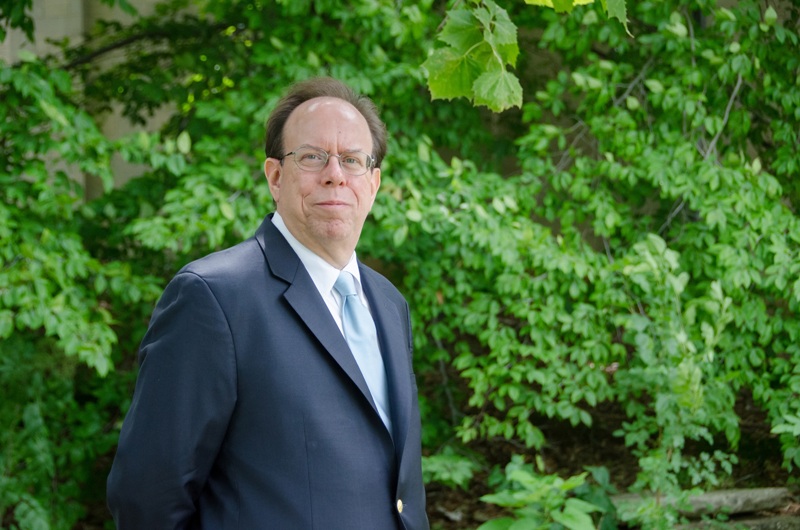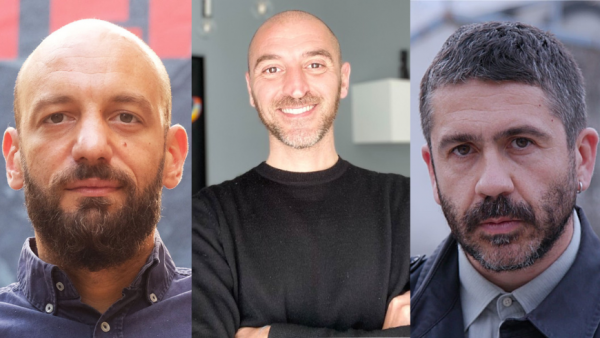Researchers at Indiana University (IU) working with Dr. Anthony Fargo, a member of the International Press Institute (IPI)’s North American Committee, will expand their study of confidential source protections and the Freedom of Information Act thanks to a recent $100,000 donation, the University has announced.
The gift will fund research, public lectures and travel for research purposes. Fargo said the initial focus of the project is to try to solve the problem of inconsistent and inadequate laws to protect journalists and their sources, while a second major objective will be strengthening freedom of information laws.
IU’s Center for International Media Law and Policy Studies will implement the “Barbara Restle Press Law Project”, named for the donor, under the guidance of Fargo, the Center’s director. Fargo is a scholar of the First Amendment and of laws related to journalists and confidential sources.
Restle, an IU alumna, grew up in Vienna, Austria, in the 1930s. The daughter of a diplomat who helped prominent Jews escape the burgeoning Nazi regime, she said her experience helped form her belief in the importance of free speech.
IPI contributor Nicholas Wong recently spoke with Fargo about the gift and the Center’s upcoming plans.
IPI: Describe the nature of the gift and how it came to be granted?
Fargo: [Barbara] Restle started to express concern about the current state of freedom of the press and wanted to do something about it. She decided that she wanted to give us a gift to find ways to promote freedom of the press through improving laws that protect the media.
It’s a $100,000 outright gift, rather than an endowment. She wanted us to use the money right away, essentially to highlight issues related to freedom of expression and also to conduct research into the laws that currently protect freedom of the press in the U.S. and, where appropriate, how those laws can be improved.
IPI: Why is the gift important now?
Fargo: Restle is concerned for a number of reasons. A part of it is the mainstream media has been under considerable strain because of declines in advertising revenue and other challenges to the business model that used to support the media. Also, the media is not as well equipped anymore to fight attempts to restrict freedom of the press. There isn’t as much money to put toward to defending the First Amendment or freedom of information in court.
Journalists have also had a credibility issue recently. This has eroded public support for press freedom. It’s harder and harder now, with the wealth of information sources, to tell real from fake news, or factual from made-up information. The political climate in the U.S. has brought those convergent issues to the forefront of people’s minds.
Even before the elections, we had concerns among the media here that the Obama presidency was very concentrated on controlling the flow of information; Obama’s administration had prosecuted more people for leaking classified information than all others combined. You see a continuation of the issue where the commitment to freedom of the press, at the governmental level, doesn’t seem to be as strong as it once was.
IPI: What does Center plan to do with the donation?
Fargo: We have several things going. There was a cyber-security discussion for journalists, talking about protecting sensitive information from hacking and government intrusion.
We are also putting together a panel discussion in Washington D.C., tentatively called “How to build a better watchdog” about what are the current threats to press freedom and what can be done through legislation.
Also, we are putting together a panel on the First Amendment’s influence on the rest of the world for IPI’s World Congress in Hamburg.
IPI: Why do you feel it necessary now to talk about such a topic?
Fargo: One issue that has been raised is the extent to which the U.S., because of the First Amendment and commitment to freedom of expression, has been able to exert a certain amount of moral leadership around the world on freedom of expression issues.
But given recent events, given the fact that we have leaders here referring to the press as “the enemy of the people”, given that we have had people from both political parties sharply criticizing the press and suggesting additional limitations on the press – the president, during the campaign, called for a “loosening up libel laws” so it would be easier for public officials to sue the media – given all those things, one concern that has been raised by a number of people is whether we may be emboldening authoritarian governments around the world to crack down on press freedom.
The panel in Hamburg will focus on the extent to which the U.S. does have influence on the rest of the world in terms of leadership of freedom of expression and whether that role has waned. What I hope we can achieve from the panel discussion is maybe a better understanding of the extent to which the U.S. is considered a leader in free expression issues, as I think Americans may overestimate how much that is actually true.
One of the things we want to talk about in this panel is where our strengths lie, in that regard, and to send the message that the First Amendment still exists and as long as we still have an independent judiciary, we will still have a strong commitment to freedom of the press.



